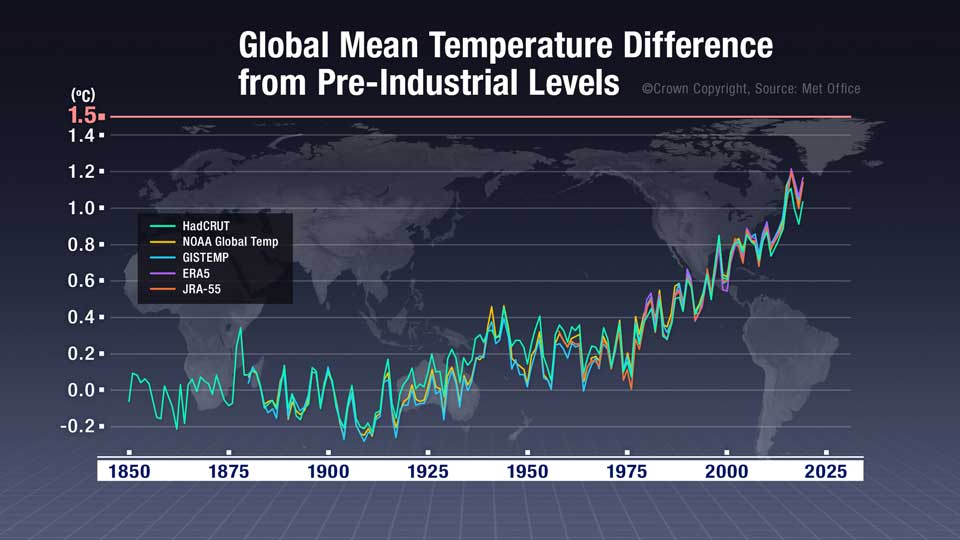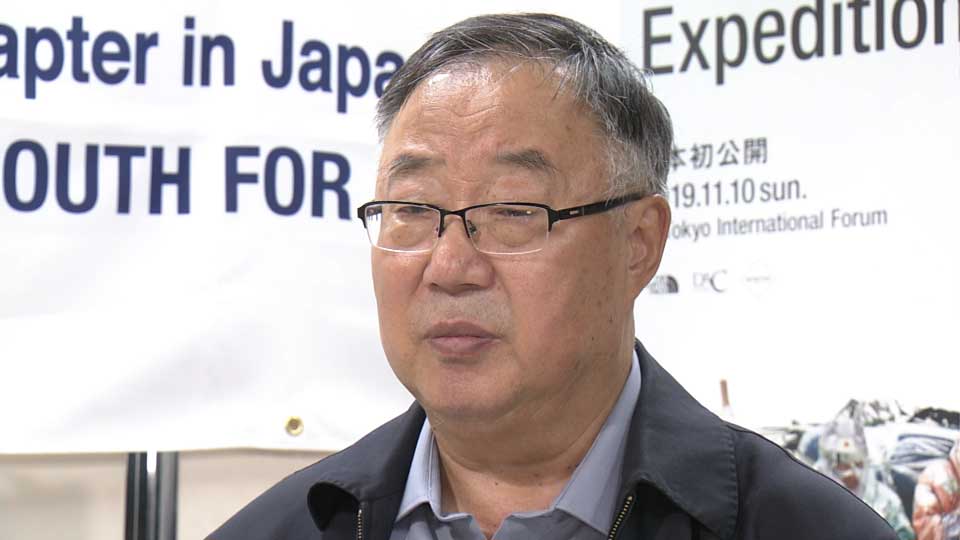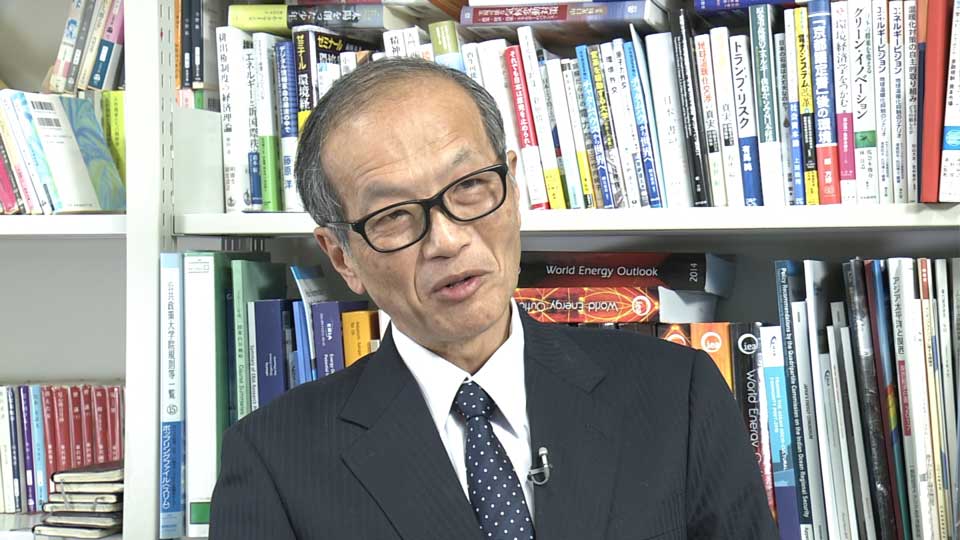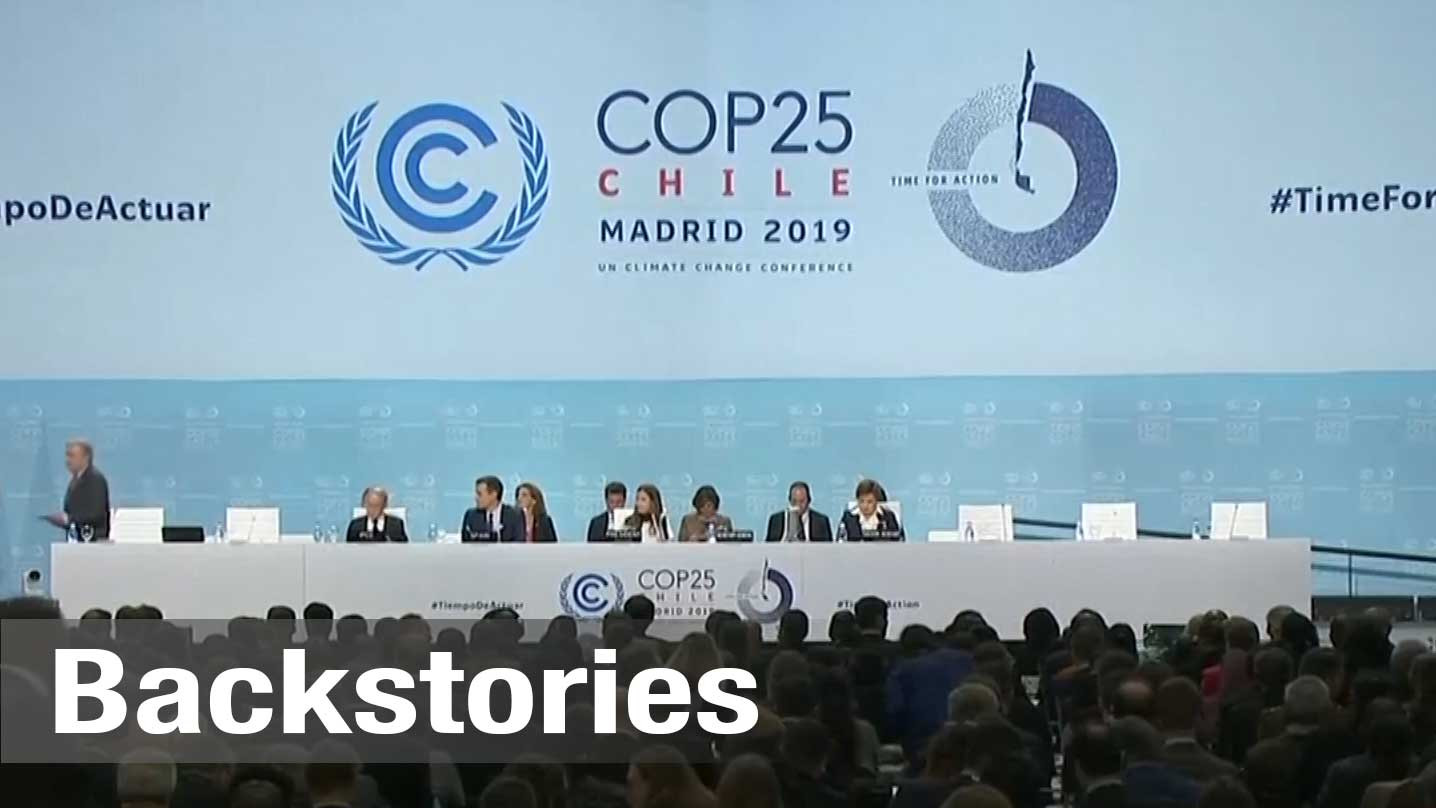The scientist's view
Qin Dahe helped lay the foundations for the Paris Agreement. He was co-chair of a working group for the Intergovernmental Panel on Climate Change, and helped compile the IPCC Fifth Assessment Report, a landmark document that stated the human influence on climate is clear and growing.
It warned that the global mean surface temperature could rise by up to 4.8 degrees Celsius above pre-industrial levels by the end of this century, and extreme precipitation events over wet tropical regions would become more intense and more frequent.
The Paris Agreement sets out to keep the rise well below 2 degrees, and calls on signatories to pursue efforts to limit the increase to 1.5 degrees.

But the World Meteorological Organization issued a dire warning Tuesday. The global average temperature in the year to date was about 1.1 degrees Celsius above the pre-industrial period.
Dr. Qin is warning that glaciers in polar regions have been retreating rapidly over the past 30 years. And he says the difference between a target of 1.5 and 2 degrees is vast.

The view of a policy expert
Jun Arima is a professor of environment and energy policy at Tokyo University. He says we should recognize the economic realities of the issue. The 1.5 degrees global warming scenario demands much faster action and would cost three or four times more than the 2 degrees scenario, he says. And that's why it's hard to implement some measures against global warming. The "yellow-vest movement" that began in France last year was triggered by an increase in the carbon tax.

Arima is a senior policy fellow at the Economic Research Institute for ASEAN and East Asia, and says Asia's developing countries will be consuming more energy in the future, and they can't completely avoid the sources we perceive as environmental villains.
Coal is loathed by environmentalists because of its high CO2 content. But Arima says coal is locally produced and the cheapest energy resource in Asia. Asian countries are trying to use more renewable energy, but it costs a lot more than coal. So he says completely rejecting coal is not pragmatic.
Arima says the key will be developing and implementing technology. He says if technologies like carbon capture and storage -- which allows for the clean use of coal -- and power generation from hydrogen, are put into practical use, they will make climate change measures less costly and more feasible.
So he says governments should not only conduct their own research and development, but should also incentivize the private sector to do the same.
It isn't easy to find the balance between environmental needs and economic realities, but both Arima and Qin Dahe say we don't have a lot of time to spare.


